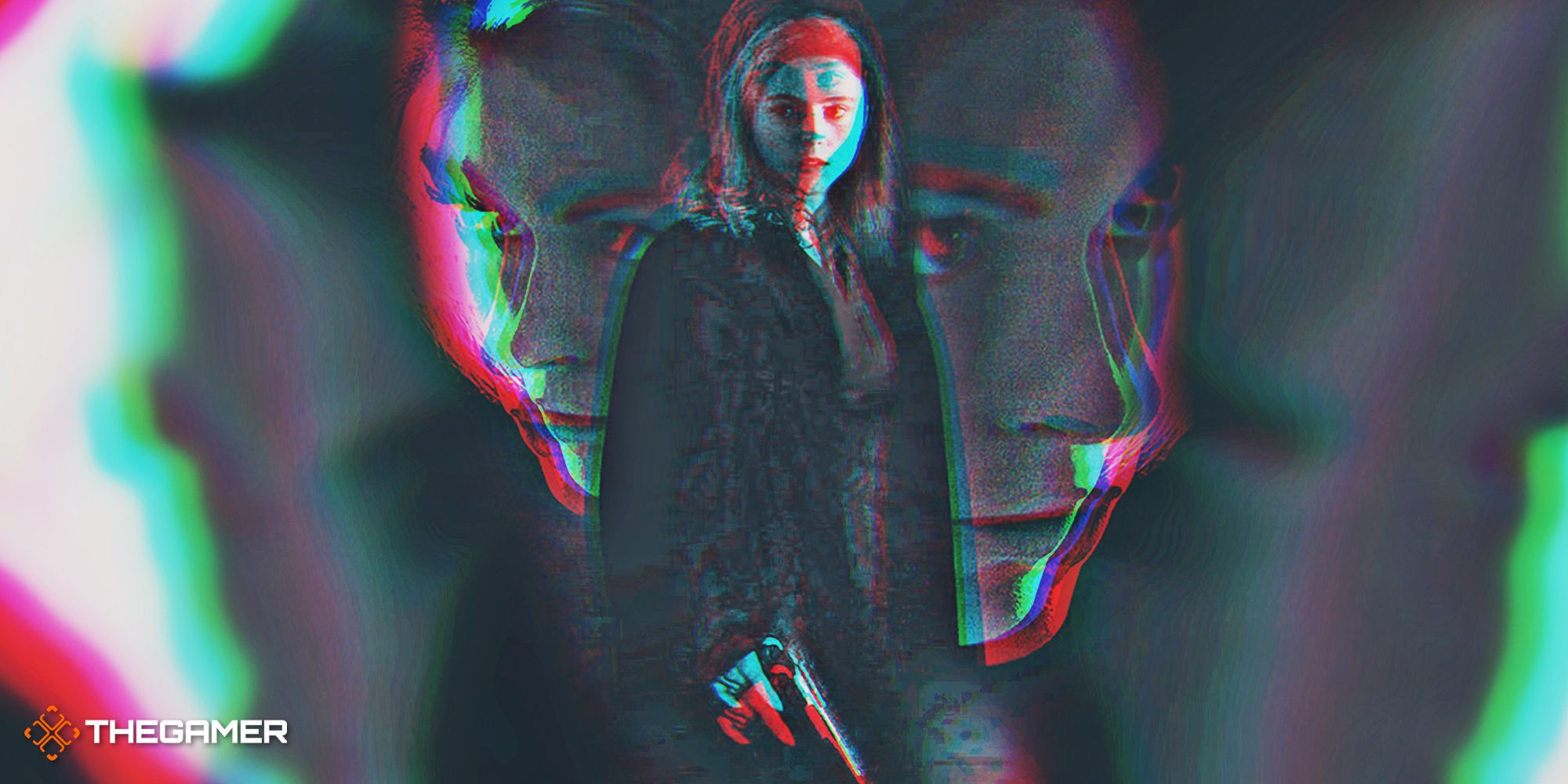
You know that meme about how mentally ill people love Ottessa Moshfegh’s novels? It’s me, I’m mentally ill people. While the author is best known for her novel My Year of Rest and Relaxation, a book often included in TikToks simplistically listing books about female rage, her lesser known debut novel Eileen earned her a nomination for the Booker Prize, and it is the book that has first made its way onto the silver screen. The first trailer for the movie, starring Thomasin McKenzie and Anne Hathaway, released this week, and it looks like it might be one of the best thrillers of the year.
Eileen is a disturbing book. Most of Moshfegh’s writing is, which is part of what makes her a very controversial figure in contemporary literary culture. In a review of Moshfegh’s latest novel Lapvona for Vulture, critic Andrea Long Chu highlights Moshfegh’s dedication to writing about unpleasant, cruel, pathetic characters, and spends quite a lot of time analysing Moshfegh’s apparent obsession with writing about shit. The author’s work often revolves around themes of repulsion – what makes people seem repulsive, the repulsive functions of the body, the repulsive actions of the everyday man.
Her work has been discussed at length for its ‘unlikable’ female characters. She has been lambasted by the left and embraced by the centre-right for her lack of an ideology, her use of fatphobia and racism as devices to portray repulsiveness, putting homophobic and ableist slurs in the mouths of her characters, her rejection of ‘wokeness’, and the fact that she seems to love Bret Easton Ellis more than any normal person should.
Moshfegh’s characters are seen as disgusting, abrasive, even unloveable, and yet they can be shockingly relatable in their brutal honesty about their worst thoughts and impulses. She believes no topic should be off-limits, once writing, “We need novels that live in an amoral universe, past the political agenda described on social media. […] Novels like American Psycho and Lolita did not poison culture. Murderous corporations and exploitive industries did. We need characters in novels to be free to range into the dark and wrong. How else will we understand ourselves?”
She’s a complicated author, one whose views I am reluctant to simplify for the sake of an article, and her work is just as complicated. The novel Eileen is based on veers into surprising perversity and violence, but from what the trailer shows us, it seems to be largely, disappointingly, defanged in its adaptation to film. Eileen is about a young woman who works in a prison, living with her alcoholic father. The title character finds herself utterly repulsive, and is deeply unhappy with her life, constantly thinking about moving away. She meets the beautiful, glamorous Rebecca Saint John, the prison’s new psychiatrist, and they become entangled in a complex, dangerous relationship. It doesn’t go well.
The film seems to step away from the focus on repulsion that Moshfegh has fixated on for so many years, instead leaning into the novel’s neo-noir, psychological thriller characteristics. Thomasin McKenzie’s Eileen is awkward, plain, off-putting, but I’m not getting the sense that the film will be as viscerally disgusting as the book was. Maybe that’s for the best – I’m not sure how much shit I can bear to see in a single movie, even if Anne Hathaway is in it. The book also, for better or worse, is gayer. I love me some evil lesbians, trust me, but it feels like the shell of Moshfegh’s book has been adapted into something more palatable for mainstream audiences. It has all the hallmarks of a great thriller, but surprisingly few of its source material.
I don’t doubt it’ll be a great movie – directed by William Oldroyd, the filmmaker behind Lady Macbeth, and with a screenplay written by Moshfegh and her partner, screenwriter Luke Goebel, it has great potential to kill in the arthouse rotation. We’ll find out this December, when the movie hits cinemas, but I have my doubts about how faithful of an adaptation it’ll be. Who knows? A more commercial version of this disturbing tale might be a good thing, in the end.
